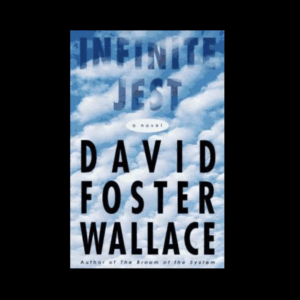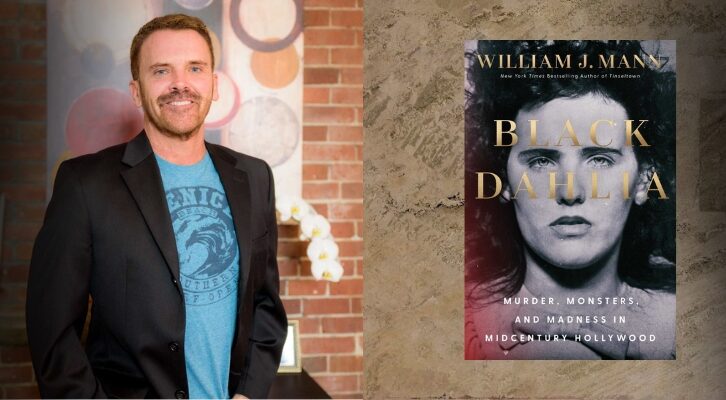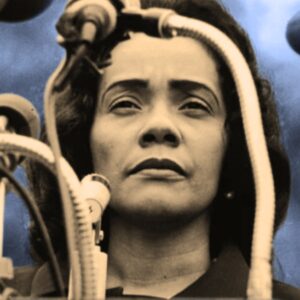
Protecting Your Inner Life in Times of Political Turmoil
Marie Howe on the Importance of Finding a Quiet Space Within
I recently read a powerful piece by Edwidge Danticat in the New Yorker reflecting on the recurrence of political trauma and the power of poetry—and recalling the familiar words of the great black poets who wrote into the political furor of the 60s, 70s, and 80s: Gwendolyn Brooks, June Jordan and Audre Lorde, incantations called out through time, streaming through space in emails, on scraps of paper taped to refrigerator doors, and carried within the people who have learned them by heart. Reading these brave clear words of Edwidge Danticat, I’m reminded of the importance of the inner life, the place from where such poetry comes. The inner life, and the necessity of enlarging and deepening that life, especially in a time as unsettled as ours when so many voices call for quick and necessary action.
We used to call the entity that resided there the inner self, or the soul. We used to call it character. We were to build our character as we lived our lives. How were we to build our character? We were to acknowledge a space within us where we could withdraw to consider, to recollect, to turn over ideas, to brood, to come to an understanding. It was where our conscience lived. And our task as humans was to feed the conscience—or the character, or the inner self—with discussion, reading, contemplation, art, stories, and in some cases, prayer.
Much has already been written about the externalizing of the private individual—performing a life in public through media, the delights and dangers of that externalization. But perhaps the greatest danger is the withering of the inner space—a space that if not acknowledged and nurtured closes up until we can no longer enter, and then we have nowhere to go within ourselves to rest or reflect.
We live in an economic system where everything, almost everything is commodified—everything can be sold for a price. And almost anything can be threatened. But there is a place within us no one can ever know. Within that place we hold all the books we’ve ever read, the music we’ve listened to, the paintings we’ve gazed at, the plays we’ve watched, the poems we’ve read. All the important conversations. We have within each of us a great library, a concert hall, a cathedral, a temple, a mediation space, and a field.
This is a time when political action is necessary. Our nation is in chaos—our president appears to be so without an inner life that he acts cruelly, recklessly, and carelessly, without common civility.
But before and after political action, I want to remember to protect and preserve that space where moral action (and poetry) begins. To dwell within the space nourished by reading, by listening, by inner discourse, by music, by silence. To remember to sit still within that richness, and receptivity, and for a few minutes or more. To say and do nothing.
Listen: Edwidge Danticat talks to Paul Holdengräber on writing books for young people and writing about death.
Marie Howe
Marie Howe is the author of four books of poems. Her most recent, Magdalene, is forthcoming in March from W.W. Norton. She was New York State poet laureate from 2012 to 2014.



















